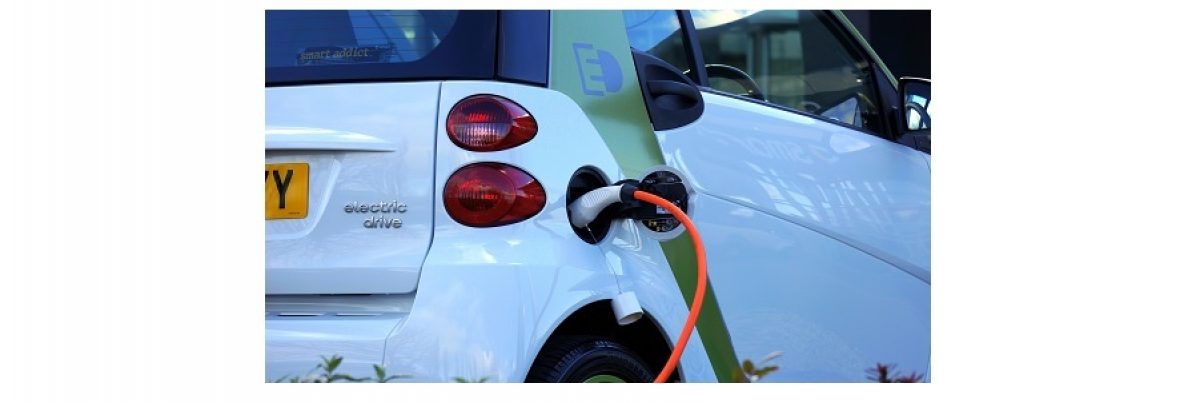
In the first quarter of 2019, nearly 60% of all new passenger cars registered across the EU ran on petrol, while less than one third was fuelled by diesel according to the European Automobile Manufacturers Association (ACEA).
Alternatively-powered cars combined accounted for 8.5% of the EU market, with electrically-chargeable vehicles (ECV) accounting for 2.5% of all cars sold in the region during the first quarter of this year.
Petrol and diesel cars
With the exception of Germany, demand for petrol cars increased in the five largest EU car markets, with Italy posting the highest percentage gain (+21.6%). As a result, petrol’s market share increased from 55.5% to 59.3% in the first quarter of 2019.
On the other hand, diesel car registrations contracted in most EU member states except Germany, Estonia, Latvia and Lithuania. The share of diesel cars in the market fell by almost 6 points compared to the same quarter one year ago, now accounting for 32.2% of the market.
Alternatively-fuelled vehicles (AFV)
In the first quarter of 2019, demand for alternatively-powered cars in the European Union increased by 25.9%.
Alternatively-fuelled vehicle registrations rose significantly in all major EU markets. The largest growth percentages were in Germany (+62.9%) – mainly due to a doubling of sales in the hybrid segment – as well as in Spain (+48.9%).
Growth was driven by the electrically-chargeable vehicle segment, up 40.0% with 99,174 units registered. Pure electric vehicles saw the most significant growth (+84.4%), while registrations of plug-in hybrids remained flat. Hybrid electric vehicles also performed well (+33.3%), totalling 184,808 units sold during the first three months of the year.
By contrast, registrations of LPG and NGV cars declined by 7.2% in the first quarter, mainly due to a sharp drop in demand for natural gas vehicles (NGV).
